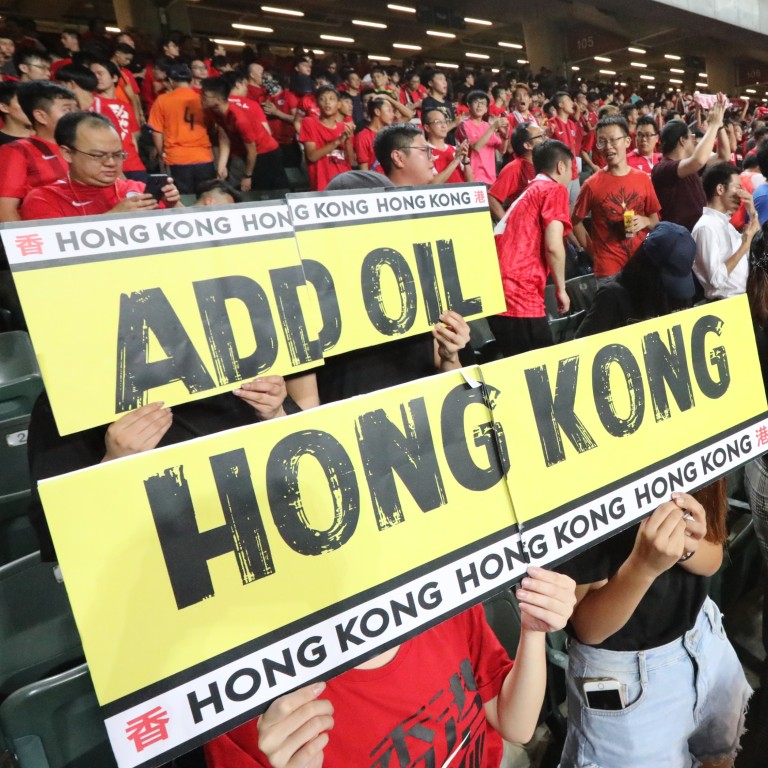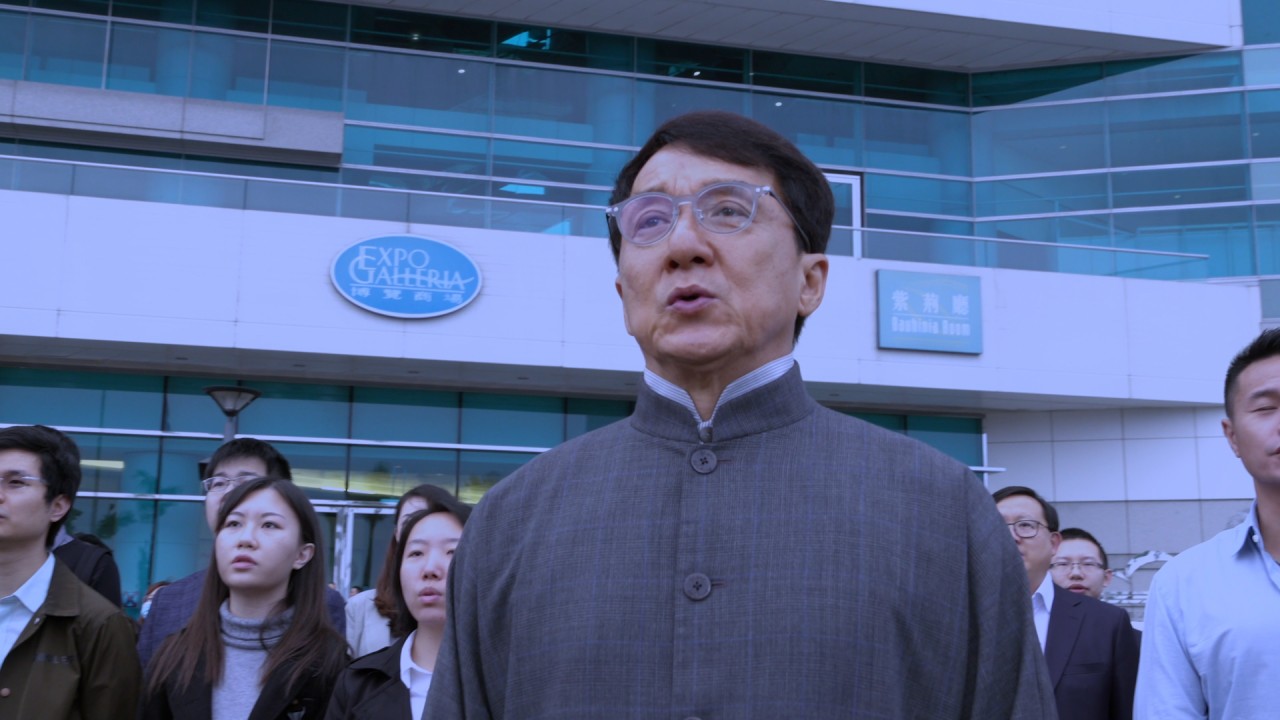
Hong Kong’s beloved rallying cry belongs to no one
- ‘Hong Kong, add oil!’ was being heard long before the 2019 social unrest and simply translates as ‘keep it up’. It knows no boundaries of age or gender, and is normally above politics
“Hong Kong, add oil!” is a rallying cry of encouragement derived from Chinese that can be muted by a misguided perception of unpatriotic overtones. It predates the social unrest of 2019 during which it was adopted by anti-government protesters. It roughly and simply translates as “keep it up”.
It knows no boundaries of age or gender. Anyone can adopt it. No one can own it. Therefore it would normally be above politics. But these are not normal times, as Canto-pop legend Jacky Cheung Hok-yau has discovered.
Cheung recorded a message containing the phrase for state media to mark the 25th anniversary of the resumption of Chinese sovereignty. CCTV is reported to have pulled the clip after some mainlanders complained about use of the phrase.
This is not an isolated instance. Police warned some runners at last year’s Standard Chartered Hong Kong Marathon not to display the slogan on their outfits. A witness for the prosecution told a District Court sedition trial last year that “Liberate Hong Kong, revolution of our times” or “Hongkongers, add oil” were capable of inciting others to break the law depending on the circumstances of their use.
That said, adding oil does not seem comparable with advocating revolution and liberation with different context and circumstances.
Many would empathise with Cheung’s stance that the phrase should not be banned because it was once used by people who “made mistakes”. He added: “I was born and grew up here. I still believe in this city, still hoping it will become a better one.”
Hong Kong children’s books ‘aimed at inciting separatism, hatred towards mainland’
Referring to the miracle of China raising hundreds of millions from poverty, Cheung said he was one of the many Hongkongers who benefited from the country’s development and was proud to be Chinese.
The phrase has been in common use for more than 50 years. In an understated way it appeals to the qualities that sets Hongkongers apart – resilience in adversity, adaptability and optimism. It is used every day in one context or another without political implications.
Allowing it to become taboo would hardly be in line with state and Hong Kong leaders’ aspirations for harmonious development of the city under the “one country, two systems” concept strongly affirmed by President Xi Jinping.


